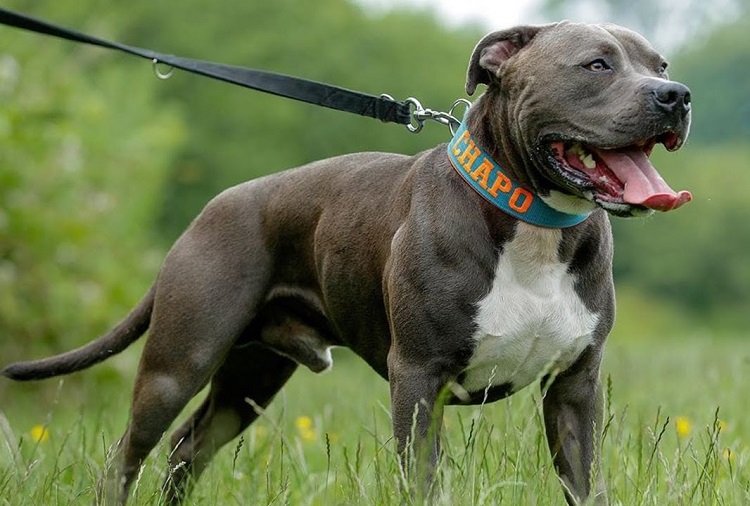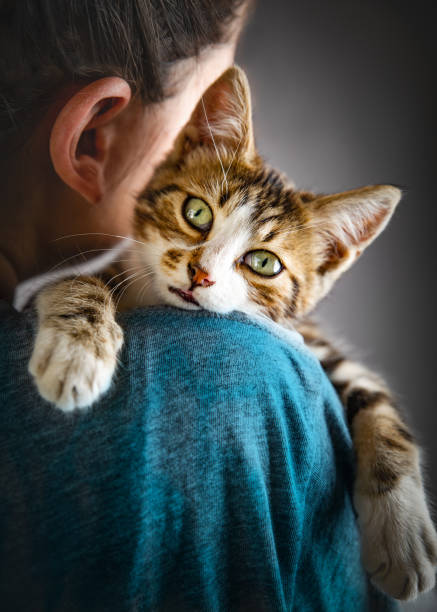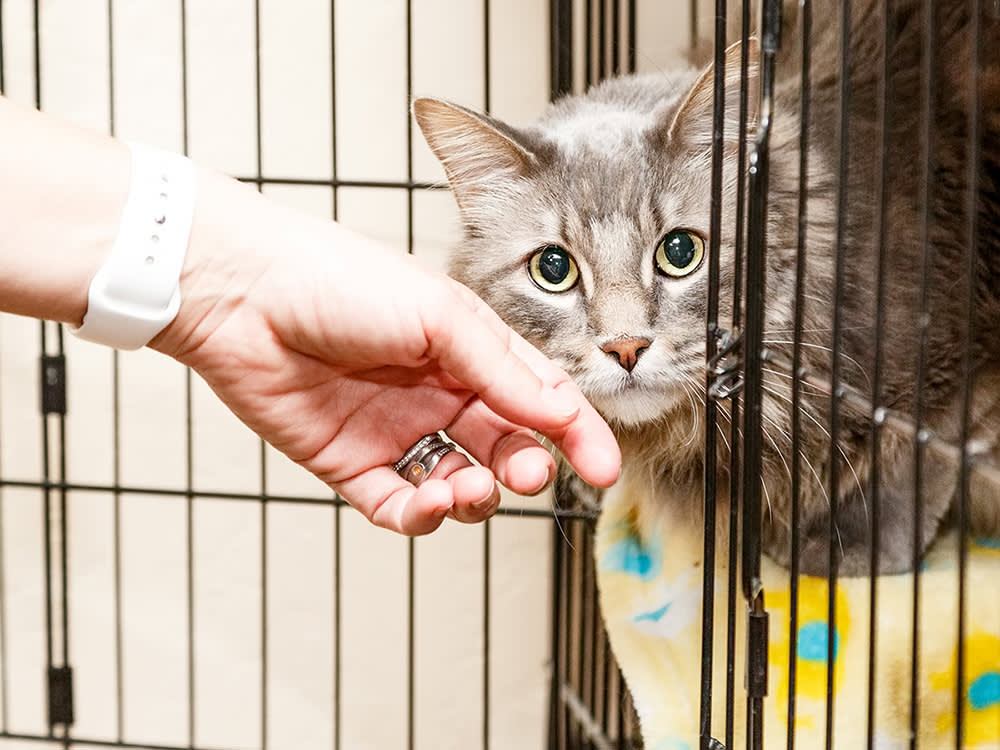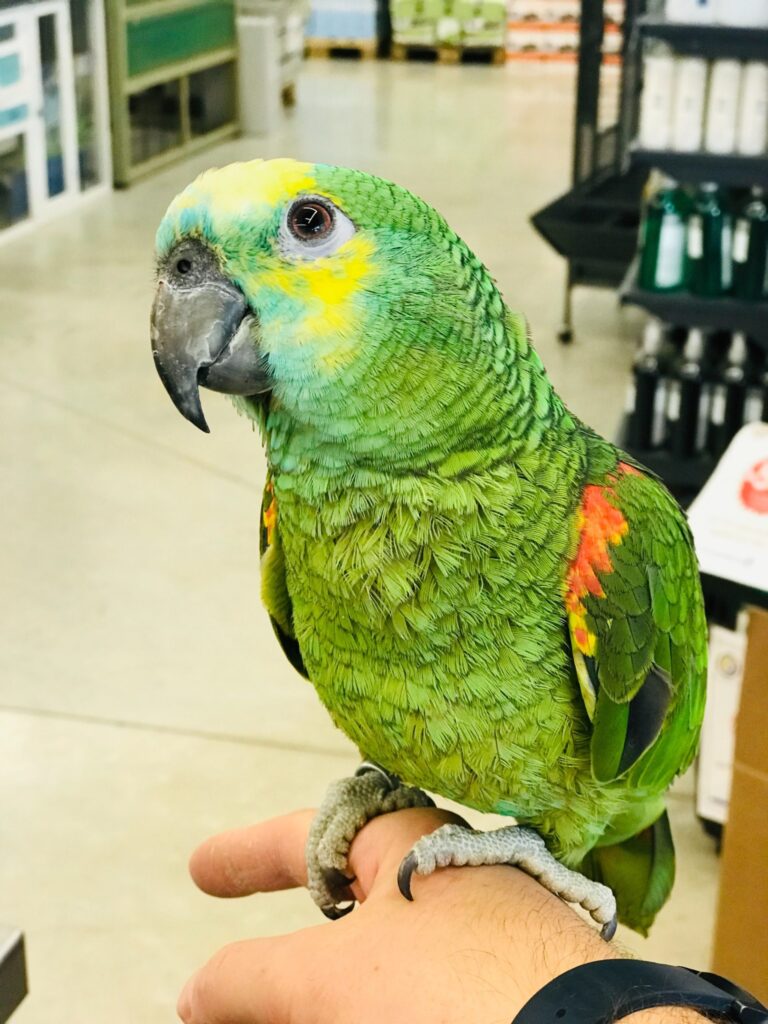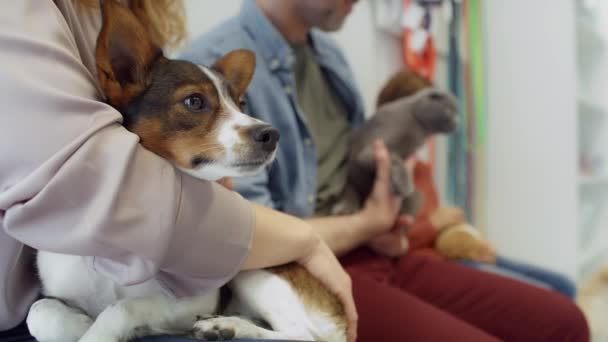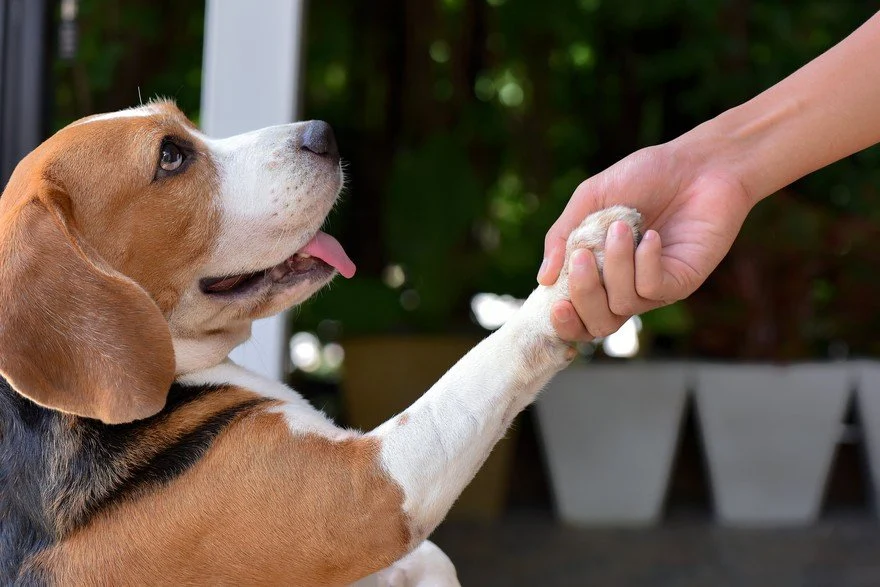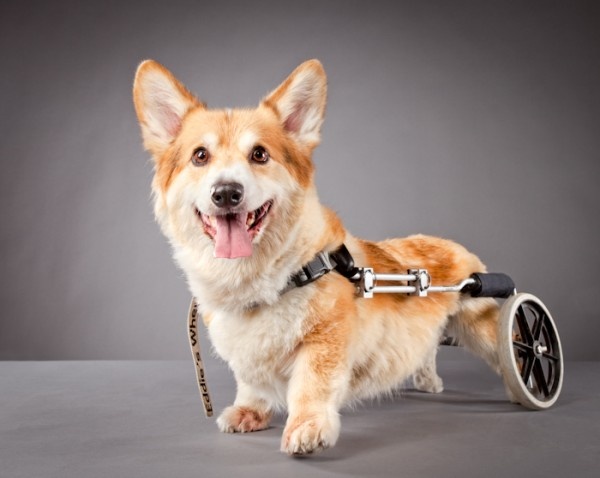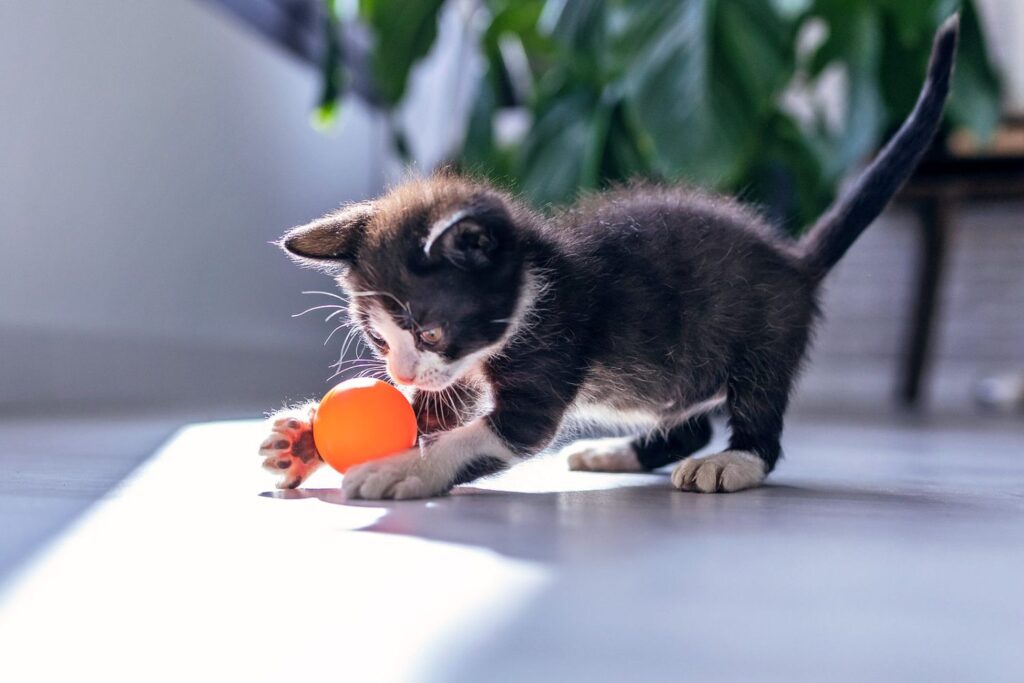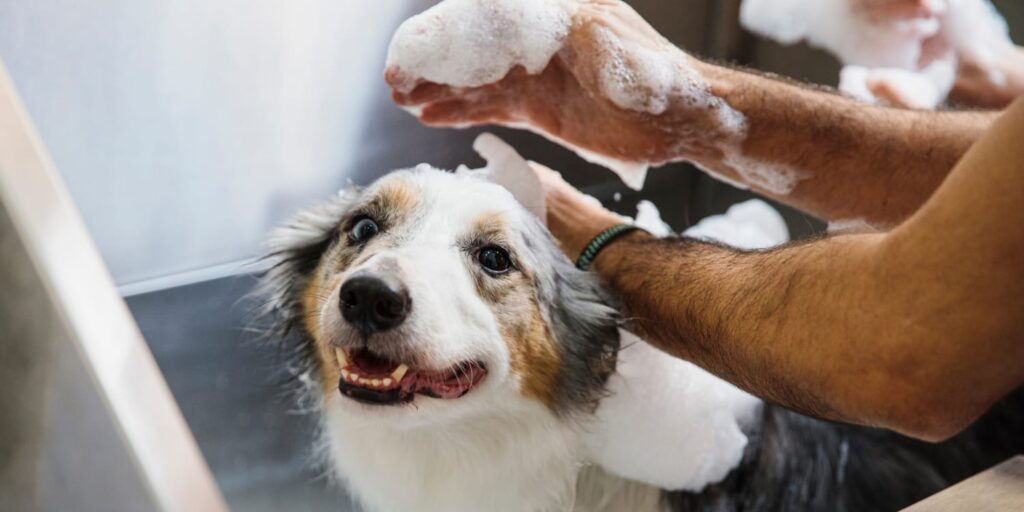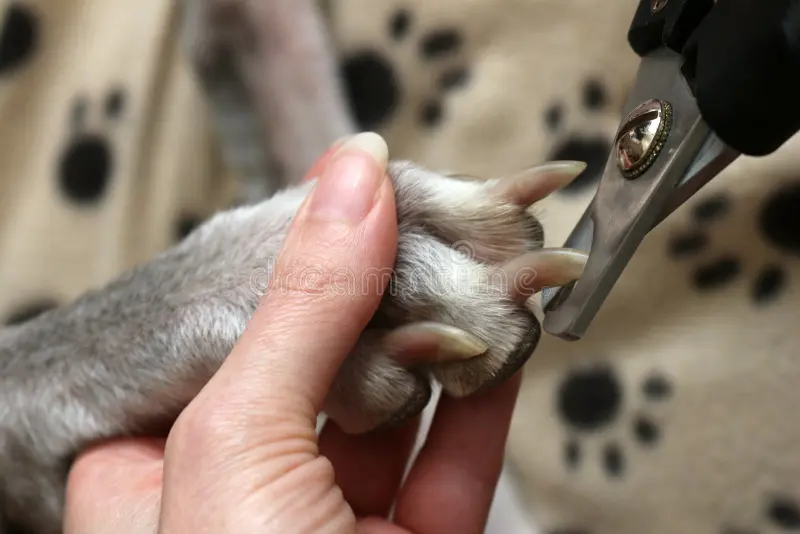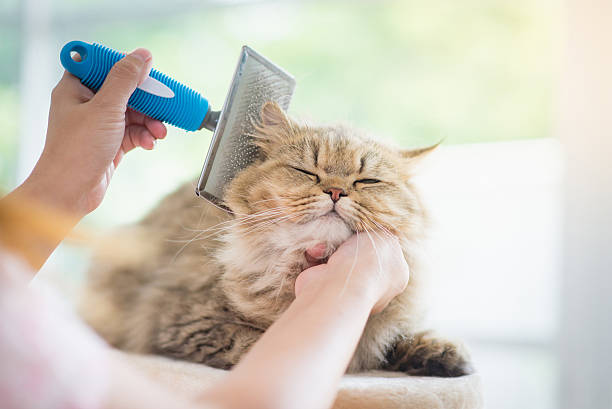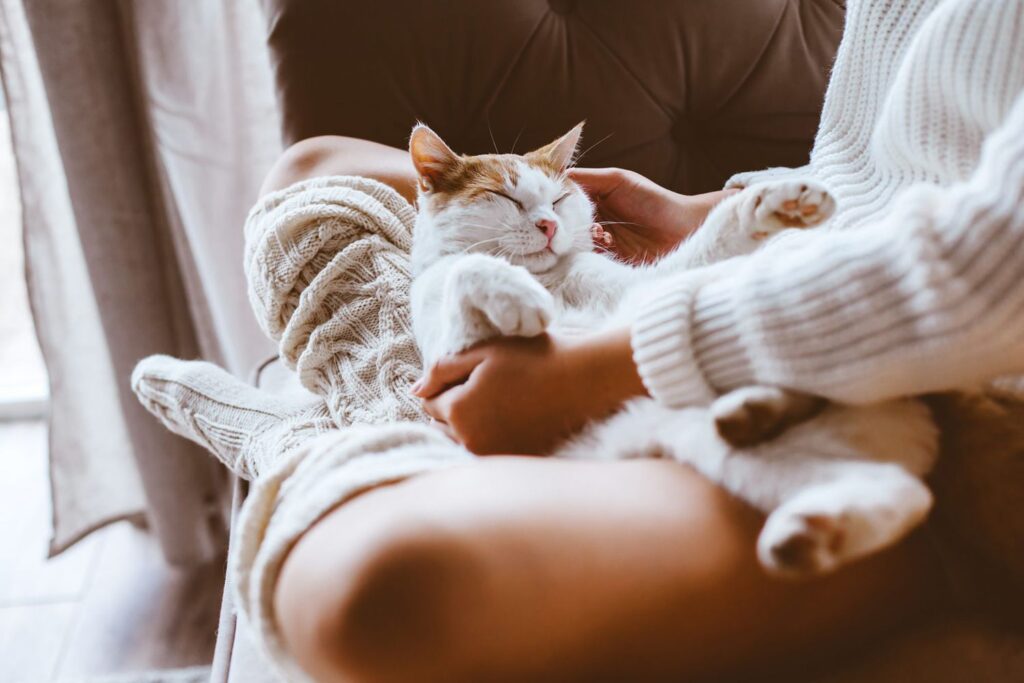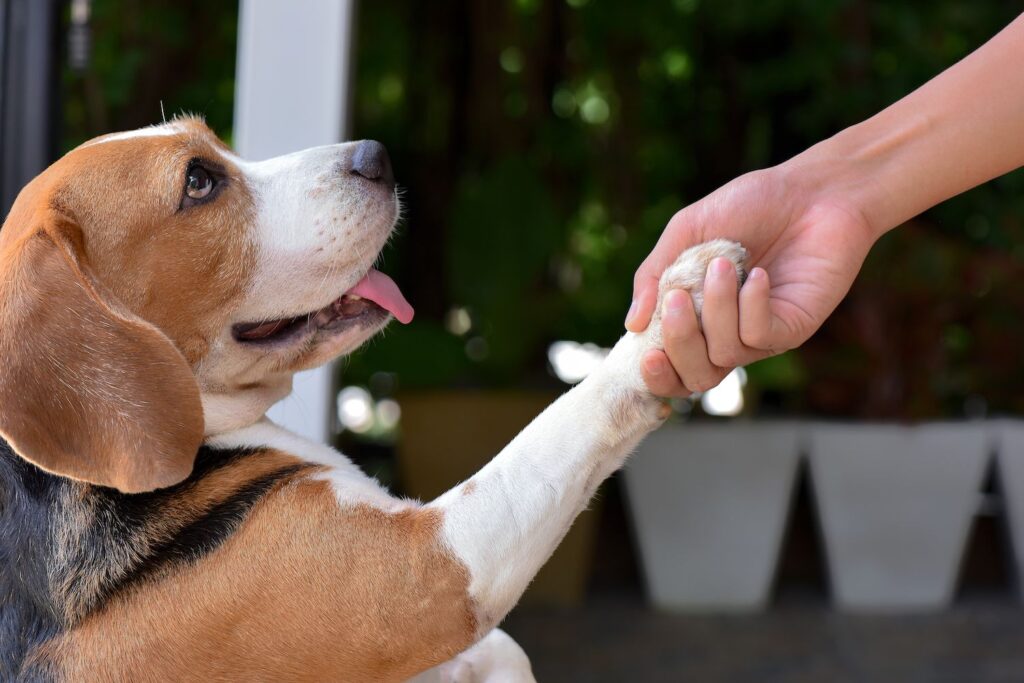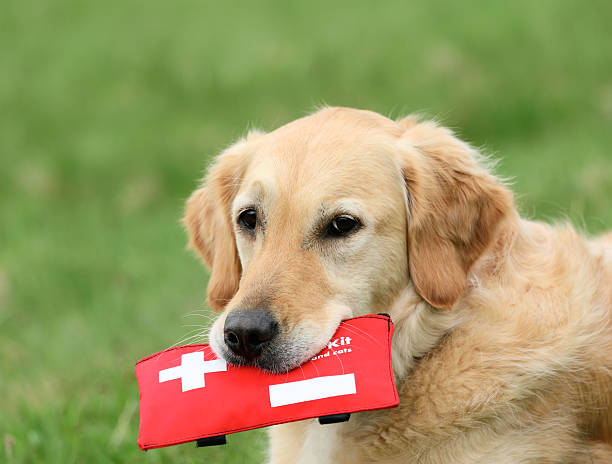Estate Planning For Pets

As pet owners, we cherish our Pets and want to ensure their well-being even after we’re no longer able to care for them.
Estate planning for pets is a crucial step in guaranteeing that our beloved animals receive the love, attention, and care they deserve when we’re no longer able to provide it ourselves.
In this article, we will discuss the importance of estate planning for pets and how to create a comprehensive plan to secure their future.
Understanding the Importance of Estate Planning for Pets
Why Estate Planning for Pets Matters
Estate planning for pets is essential because it provides peace of mind knowing that our pets will be cared for according to our wishes in the event of our incapacity or passing.
Without proper planning, pets may end up in shelters or under the care of individuals who may not prioritize their well-being.
Components of Pet Estate Planning
Creating a Pet Trust
One of the most effective ways to provide for your pets in your estate plan is by creating a pet trust.
A pet trust is a legal arrangement that allows you to set aside funds and designate a caregiver to ensure your pet’s continued care.
Appointing a Pet Guardian
Choosing a responsible and capable pet guardian is crucial. This individual will be responsible for providing daily care, medical attention, and companionship to your pet according to your instructions outlined in the pet trust.
Providing Detailed Instructions
Include detailed instructions in your estate plan regarding your pet’s daily routine, dietary preferences, medical history, and any special needs or preferences they may have.
Clear instructions will help ensure that your pet’s new caregiver can provide consistent and appropriate care.
Steps to Create an Estate Plan for Your Pets
Identify Your Pet’s Needs and Preferences
Consider your pet’s age, health status, temperament, and daily routine when creating your estate plan.
Understanding your pet’s needs and preferences will help you make informed decisions about their future care.
Choose a Responsible Pet Guardian
Select a pet guardian who shares your love and affection for your pet and is willing and able to provide for their needs.
Discuss your intentions with potential guardians to ensure they are willing to accept the responsibility.
Consult with an Estate Planning Attorney
Seek guidance from an experienced estate planning attorney who can help you navigate the legal complexities of creating a pet trust and ensure that your wishes are legally enforceable.
Draft and Finalize Your Pet Trust Document
Work with your attorney to draft a comprehensive pet trust document that clearly outlines your wishes regarding your pet’s care, the responsibilities of the pet guardian, and the distribution of funds for your pet’s benefit.
Maintaining and Updating Your Pet Estate Plan
Regular Review and Updates
Review your pet estate plan regularly and make updates as needed, especially in response to changes in your pet’s health, living situation, or the availability of caregivers.
Keeping your plan current ensures that it accurately reflects your pet’s needs and your wishes.
Informing Family Members and Caregivers
Communicate your estate plan and your wishes for your pet’s care with your family members, friends, and potential caregivers.
Providing them with clear instructions and information will help ensure a smooth transition for your pet in the event of your incapacity or passing.
Conclusion on Estate Planning For Pets
Estate planning for pets is a proactive and compassionate way to ensure the continued care and well-being of our beloved animals when we’re no longer able to care for them ourselves.
By taking the time to create a comprehensive pet estate plan and regularly reviewing and updating it as needed, pet owners can have peace of mind knowing that their pets will be cherished and cared for according to their wishes.






